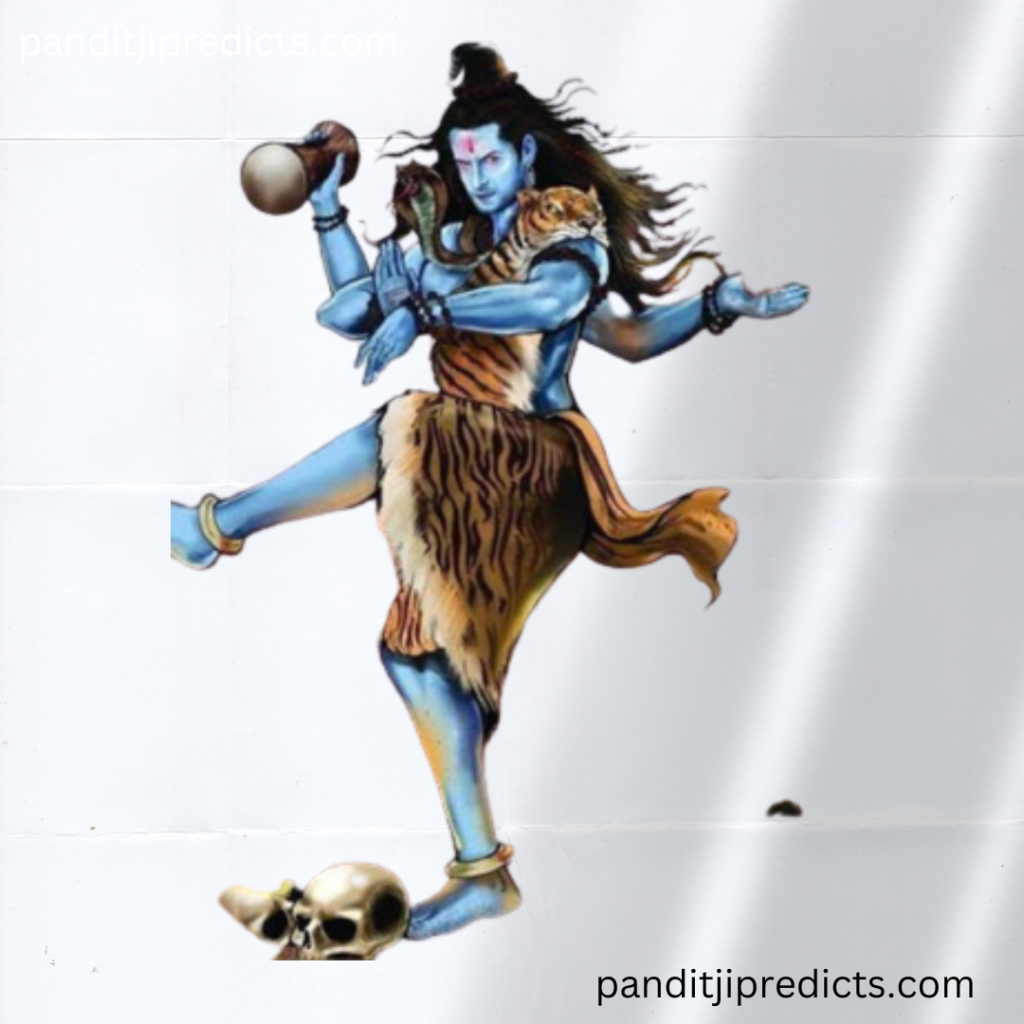The Rudra Havan, also known as Rudra Homam, is a powerful Vedic ritual dedicated to Lord Shiva, aimed at invoking his blessings and purifying one’s life. Rooted deeply in Hindu tradition, this sacred ceremony is performed to ward off negativity, alleviate planetary doshas (flaws), and enhance spiritual growth.

Significance of Rudra Havan
The term “Rudra” refers to a fierce form of Lord Shiva, symbolizing the removal of sorrow and obstacles. “Havan” involves the offering of oblations into the sacred fire, which symbolizes the divine presence of Shiva. The Rudra Havan is believed to:
- Bring peace, prosperity, and happiness.
- Eradicate past karmic debts and sins.
- Mitigate the malefic effects of planets.
- Enhance inner strength and dispel fear.
- Aid in fulfilling one’s desires and life goals.
Preparation for the Havan
Before the ceremony, devotees typically observe a day of fasting and seek blessings from their elders. The havan kund (fire pit) is prepared with utmost purity, and various sacred items like grains, ghee, herbs, and flowers are assembled.
The Havan Process
- Sankalp (Resolution): The ritual begins with a sankalp, where participants declare their intentions and seek divine grace.
- Invocation of Deities: Vedic hymns and mantras are chanted to invoke Lord Shiva and other deities.
- Offering to the Sacred Fire: Oblations are offered to the sacred fire, accompanied by the recitation of the Rudram Chamakam.
- Purnahuti (Final Offering): This marks the conclusion of the havan, symbolizing the completion of the ritual.
